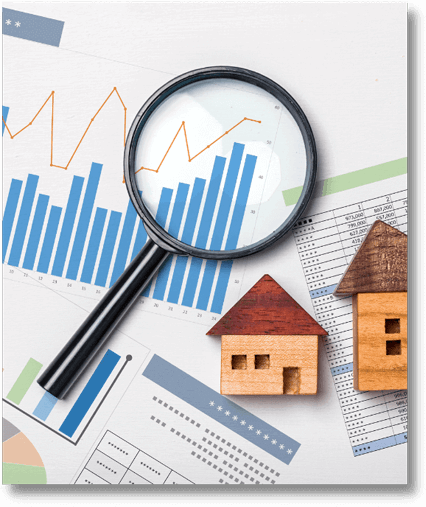Credit can be a valuable tool that can help you achieve financial goals, such as buying a car or a home, when used responsibly. However, credit can also be a slippery slope to dependency if not managed properly. Here are some signs that you may be becoming too overly reliant on credit.
1. You’re Constantly Applying For New Credit
If you’re constantly applying for new credit cards or loans, it could be a sign that you are using credit to make ends meet. This can be a dangerous cycle, as the more credit you have, the more you may feel inclined to use it. Doing so can also negatively affect your credit score, as applying for new credit results in a hard inquiry in your credit report, which can temporarily lower your score.
2. You’re Only Making The Minimum Payments On Your Credit Cards
Although credit card companies allow you to make a minimum payment towards your monthly due to avoid late fees, making only the minimum is a sure sign that you’re living beyond your means. Unfortunately, it doesn’t get easier. This is considering that minimum payments are designed to keep you in debt for as long as possible. And the longer it takes you to pay off your credit card balance, the more interest you will pay.
3. You’re Using Credit To Pay For Everyday Expenses
If you find yourself using credit to pay for groceries, gas, or other everyday expenses, it could be a sign that you are not living within your means. This is a dangerous habit, as it can quickly lead to mounting credit card debt. Yes, credit can be used to supplement your finances, but using it for your day-to-day expenses can mean that it may not be available for big, sudden expenditures.
4. You’re Maxing Out Your Credit Cards
If you are regularly maxing out your credit cards, it could be a sign that you are overly reliant on credit to make up for a lack of savings or income. Not only can maxing out your credit cards lead to high-interest credit card debt that can be difficult to pay off, but it can also hurt your credit score. The reason? Maxed-out cards raise your credit utilization ratio, which is the amount of available credit you’re using at a given time.
5. You’re Using Credit To Pay Off Other Debts
If you are using credit to pay off other debts, such as student loans or medical bills, it could be a sign that you are over your head. Granted, there are types of credit specifically designed for this purpose, such as debt consolidation loans. However, paying off debt with credit is also a common tactic used by those who are struggling to make ends meet
Tips To Become Less Reliant On Credit
Becoming less reliant on credit is a process that requires time and commitment, but it is definitely achievable. Here are some steps you can take to reduce your dependence on credit:
- Create a budget. One of the best ways to reduce your dependence on credit is to create a budget. This will help you understand where your money is going and identify areas where you can cut back. By sticking to a budget, you will be able to see how much money you have available to pay off your debts.
- Pay off your credit card balances. If you have credit card debt, one of the best ways to reduce your dependence on credit is to pay off your balances. The more debt you have, the more reliant on credit you will be. By paying off your credit card balances, you will be able to reduce your credit utilization ratio and improve your credit score.
- Build an emergency fund. An emergency fund is a savings account that you can use to pay for unexpected expenses. By having an emergency fund, you will be less likely to rely on credit when something unexpected happens. Aim to save at least three to six months’ worth of living expenses.
- Use cash or debit. When you use cash or a debit card, you are spending money that you already have, rather than borrowing it. This can help you avoid impulse spending and keep your finances in check.
- Review your credit report. Review your credit report regularly and make sure that everything is accurate. If you find any errors, dispute them with the credit bureau. It is important to have accurate information in your credit report to have a better understanding of your credit score.
- Seek professional help. If you find yourself struggling to reduce your dependence on credit, consider seeking professional help from a financial advisor or credit counselor. They can help you create a plan to get out of debt and regain control of your finances.
The Bottom Line
The more dependent you are to credit, the harder it will be to get out of debt and regain control of your finances. Fortunately, it’s a very fixable habit. That being said, it’s important to remember that reducing reliance on credit requires effort and commitment, and sometimes even outside help.
Enter credit restoration, the process of removing negative information from your credit report. The goal of credit restoration is to help improve your credit score by cleaning up your credit report and providing credit counsel.
Call us at 888-799-7267 to schedule a Free Credit Consultation.


